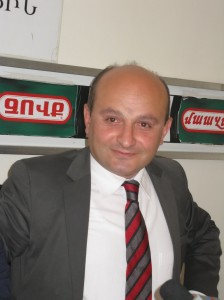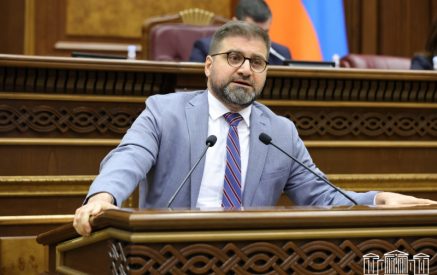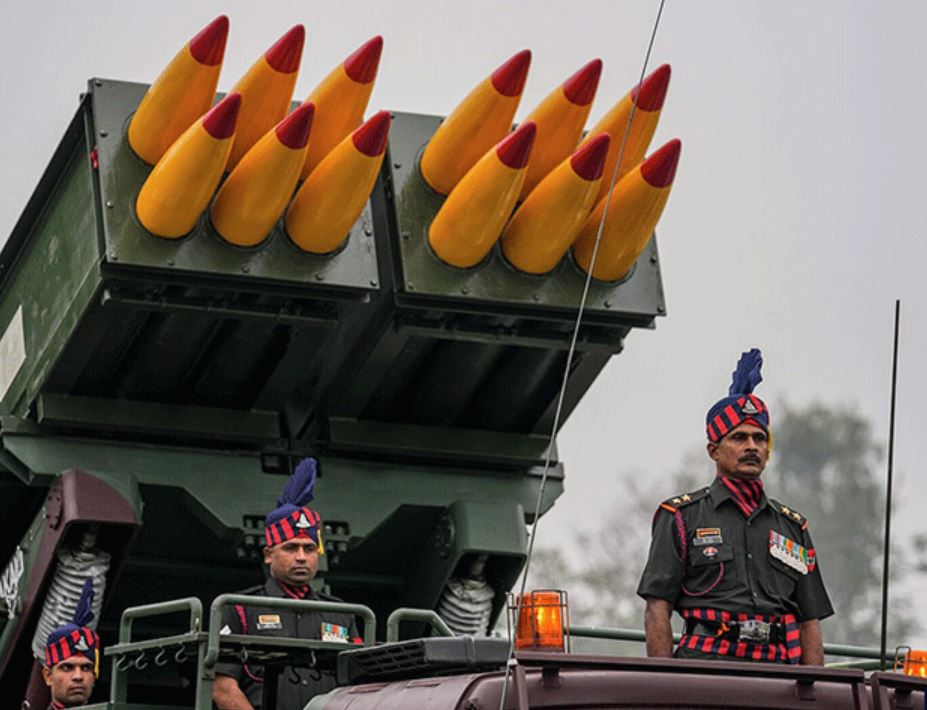
of Armenia (RPA) did, according to the alerts, but it proposed not to struggle against its election bribery, but the election bribery of the RPA. Certainly, this is unfair and unacceptable and it turns out that in case of accepting that proposal, the Heritage Party would have become an organization keeping the votes that had been won unfairly, which we naturally couldn’t wish.”
Nonetheless, the statement of the PAP on not forming a coalition was a surprise for Styopa Safaryan, “I would rather expect them to join the coalition, to formally be in the coalition, but I am not surprised, on the other hand, that the Prosperous Armenia enjoys a status, which, as far as I remember, enjoyed the Rule of Law Party (RLP) in 2007, not being in the coalition in the National Assembly, but not being an opposition either. Therefore, I already saw such a model of attitude in 2007-2008, all of us saw where it ended up – so, it ended in the RLP’s joining the coalition after the presidential election. I am inclined to think that we first of all deal with this model. The main concerns of Serzh Sargsyan and the Republican Party are not only in the period before the 2013 presidential election, but also in the post-election developments, because the government knows perfectly well that if post-election developments don’t follow the parliamentary election, it means that it will not be the case after the presidential election. Therefore, they should devise technologies very seriously, in order to rule out post-election developments in 2013. In this regard, the PAP and its free status may be of much use.”
Styopa Safaryan is convinced that if the votes were won through a political trick, certainly, they will lose those votes sooner or later. And if one’s political companion is always the same and is not changed seasonally, of course, one has an opportunity to maintain his electorate, “However, a part that wanted changes in the country also voted for the PAP. Let’s put aside whether the PAP is a force that brings about changes or not, but it should be more than clear at the moment that the PAP cannot bring about those changes, even if it is free or oppositional. The PAP cannot maintain all the votes that it won, because a part of them were cast by people who would have traditionally voted, under different circumstances, for the opposition, because a member of the coalition cannot be the force that brings about changes. And now more than ever I think that this part will not be in the PAP. One thing is clear that however considerable the size of the PAP electorate remains, all the same, a part of this electorate is in search and wants changes. And those changes cannot be seen in a force that is not in the government anymore and cannot bring about those changes.”
Read also
Hripsime JEBEJYAN





















































